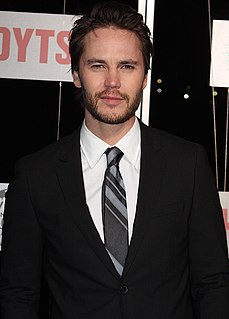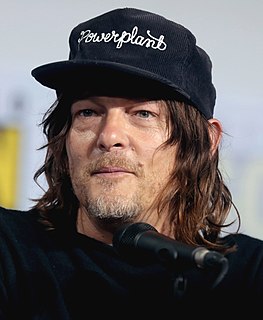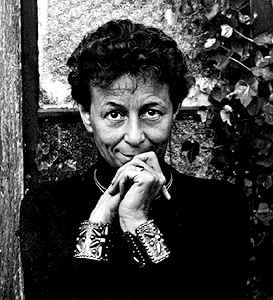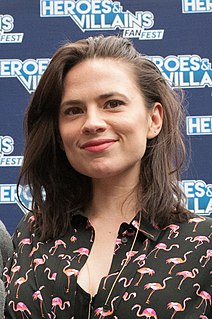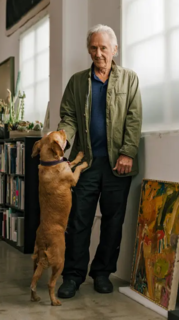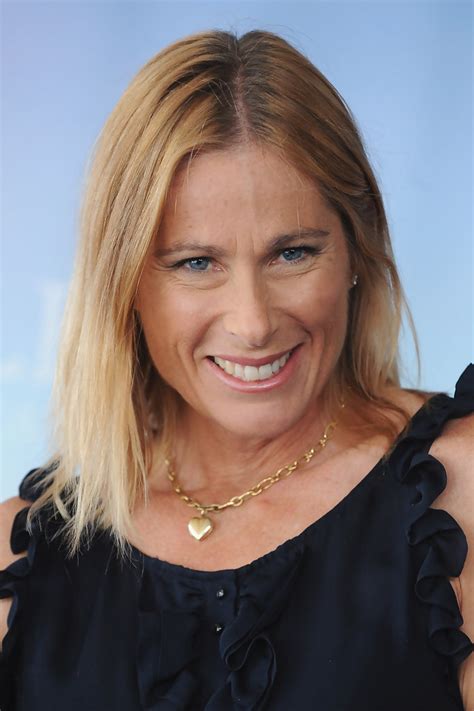A Quote by Taylor Kitsch
I've always been intimidated by the technicalities of taking photos, especially with a film camera - not just a point and shoot.
Related Quotes
Making photos is helpful of course to master the craft. To get comfortable with the camera. Learn what a camera can do and how to use the camera successfully. Doing exercises for example if you try to find out things that the camera can do that the eye cannot do. So that you have a tool that will do what you need to be done. But then once you have mastered the craft the most important thing is to determine why you want to shoot pictures and what you want to shoot pictures of. That's where the thematic issue comes to life.
I'm really specific in the way that I shoot. I've always had a very good sense of what I need in the editing room. I used to shoot in a way that drew more attention to the camera and I've tried, in each film, to draw less and less attention to the camera. I think when you pay attention to the shots, you're aware of the fact that there's a director.
I used to always love taking photos, but I would always give a camera away to someone else. Now I don't give the camera away anymore. It also takes a long time to develop a visual style, and I think that the things that I was imitating were people I love, like Judy Linn or Gerald Turner, and then it slowly started to become more myself.
